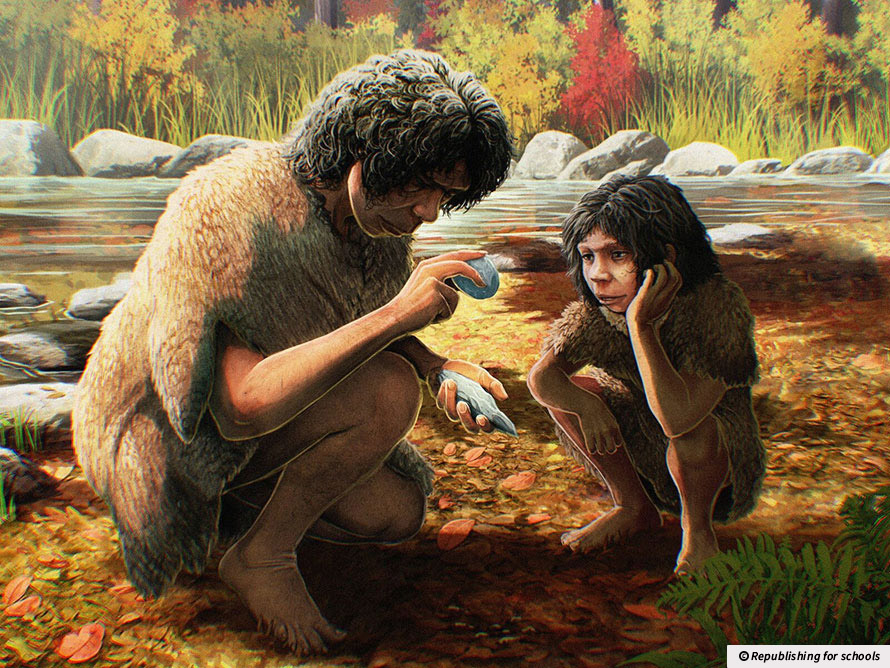Is our existence a miracle? Humans rule the world. But new research shows that our ancestors narrowly avoided extinction. Some think that we should marvel at just how lucky we are to exist.
Early humans nearly wiped out, say scientists
 Survivors: Today, there are 8.1 billion people worldwide, from a low of just over 1,000.
Survivors: Today, there are 8.1 billion people worldwide, from a low of just over 1,000. Glossary
Biomass - The total weight of a set of organisms (although the word is also used to describe a kind of energy production in which plant and animal remains are used as fuel).
Bacteria - A large group of single-cell microorganisms. Some cause disease in animals and humans.
Population - All of the people that live in a place.
Big Bang - The moment the universe came into being. It is thought that this took place in a kind of explosion from a dimensionless singularity.
Asteroid - A small body in space, made of metal and rock material. Asteroids usually orbit the sun, but if knocked off course they can be drawn into Earth’s gravity and fall towards it.
Miracle - Something amazing or wonderful. It is a very unusual event.
Multiverse - The idea that there may be many universes, and ours is just one of them.
Cosmos - The universe, especially when it is understood as an ordered system.
